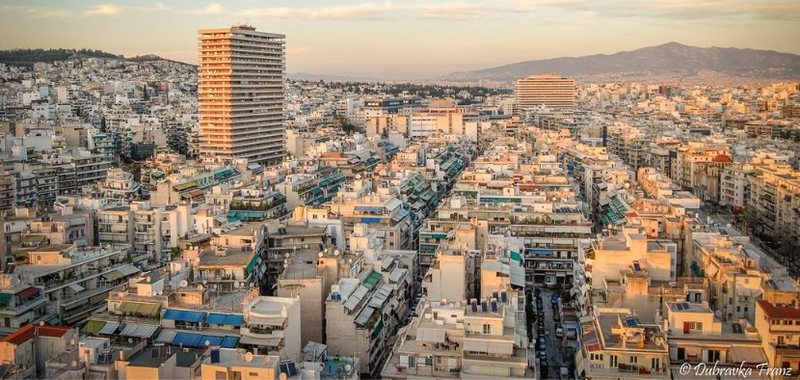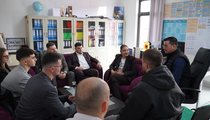EU ready to finance a new program for Albania - From the fight against corruption to food security. Where will 67.3 million euros go?

Under the Instrument for Pre-Accession Assistance (IPA III), the European Union will provide Albania with 67.3 million euros to support the fight against corruption, local governance, food security, forests, employment and social inclusion.
Most of the funds from this new program will go to the fight against corruption. According to the document published in the Official Gazette, 38.5 million euros will be provided to assist relevant Albanian authorities, including the General Directorate of Anti-Corruption (DGAC), the High Inspectorate for Declaration and Control of Assets and Conflict of Interest (HIDCAC), as well as other authorities, in fulfilling their specific roles related to the fight against corruption and maintaining public trust.
Secondly, 10 million euros are dedicated to improving local governance and local socio-economic development. One of the aims of this action is to develop a grant scheme that financially supports municipalities to develop the quality and access to municipal infrastructure and public services through capital investments.
Meanwhile, around 12.5 million euros are provided for food safety, supporting Albanian institutions in the approximation and implementation of EU legislation and best practices in the field of food safety, veterinary and phytosanitary policies. This will also be achieved through improvements to physical infrastructure (laboratory and regional offices), as well as further strengthening of administrative capacities in this sector.
On the other hand, environmental protection will receive 13 million euros. In this area, the aim is to improve administrative capacities and the compliance of the legal framework in the forestry sector in Albania with the EU acquis, but also to increase forest coverage or carbon absorption capacities for Albania.
Also, 28 million euros will be provided for improving education, training and integration in the labor market, in particular for disadvantaged categories, those on economic assistance, Roma, immigrants. Among other things, it is intended to provide more important programs of vocational education and training.

0% interest loan subsidy for housing - What are the beneficiary categories? The program is implemented by the National Housing Authority
The Council of Ministers has approved a decision in support of families in need of housing, defining the procedures and documentation for obtaining a 0%......

How much does it cost to travel around Albania? - From south to north, these are the costs for every tourist
For several years, Albania has firmly entered the tourist map of Europe and the world, attracting millions of visitors every year. The beautiful coastline,......

Agricultural machinery without VAT - E-Albania informs on the steps that agribusinesses must follow!
The government portal e-Albania announced today on social networks that agribusiness is exempt from VAT for the import of machinery and equipment in order to......

What happened this beginning of the month in the foreign exchange market?
The US dollar appears to have relatively maintained its value from the previous day, starting the month positively as it was bought this morning at 84.2 lek......

Fire emissions at record levels - Extreme heat and drought fuel the spread of flames in Europe
Fires across Europe have reached record levels this summer, with intense blazes fuelled by high temperatures and dry conditions. A total of 292,855 hectares......

How much money has the Public Procurement Commission collected from tenders in 6 months? - 501 complaints registered, a decrease compared to 2024
In the first 6 months of this year, 501 complaints from economic operators were addressed to the Public Procurement Commission. Meanwhile, June is the month......

Basket products in Europe - Which cities have the highest prices?
The prices of the basket reflect significant inequalities across European cities, even between those in the same country. The Deutsche Bank Research......

Greeks, up to 13 hours of work per day for one employer - New law adds flexibility and offers opportunities for higher wages
Starting this fall, following the approval of the new draft labor law in Greece, the 13-hour working day in the private sector can be applied to a single......


















